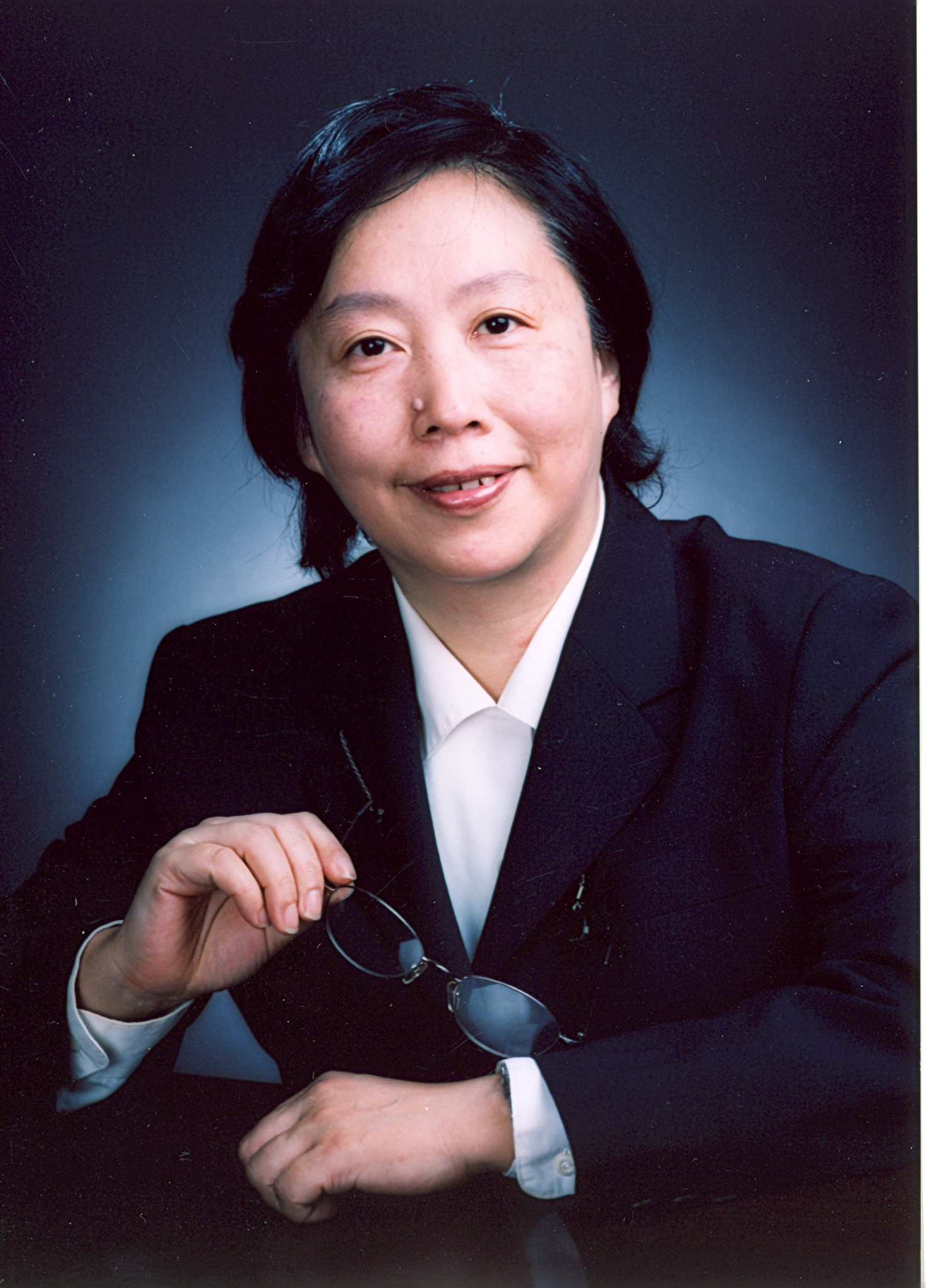

What do you consider to be your most important contributions to chronobiology and sleep science?
As a postdoctoral fellow, I was lucky to work in Ying-Hui Fu & Louis Ptáček lab to
establish mutant mice models for studying the circadian mechanisms of human Advanced Sleep Phase Syndrome. Recently, my collaborators and I developed machine learning algorithms and launched a large-scale monitoring system in China via wearables for circadian rhythms and sleep behavior.
With the support of Ken-ichi Honma and Sato Honma, my Chinese colleagues and I actively push forward Chinese Society of Biological Rhythms to be involved in Asia and global collaboration by engaging regular activities of Asian Forum on Chronobiology, World Congress for Chronobiology, and Chronobiology Summer School.
What are the most important lessons you have learned over your successful scientific career?
Keep going on what you have chosen and do your best on your choice, or you will be
regretted for not choosing a right one or not being consistent.
Do you have any advice for trainees and early career scientists?
Encourage yourself by making a little improvement every day. Enjoy the progress you made from failures.
|
|
Anonymous Donors |
Testimonials
Dr. Ying Xu is currently the endowed professor at Soochow University of China, and serves as founding president of Chinese Society for Biological Rhythms (CSBR). Under her leadership, we have organized one World Congress of Chronobiology (2019, Suzhou), two Chrono Summer Schools (2016, Beijing; 2021, Kaifeng), three Asian Forums for Chronobiology (2017, Hohhot; 2019, Suzhou; 2021, Kaifeng), and multiple biennial meetings of CSBR. In addition, she plays the leading role in lobbying the funding agencies to support the circadian studies in China. Thus, Dr.Xu is a true pioneer scientist in the chronobiology field, serving well for the research communities both in China and internationally. I strongly believe that she deserves this very prize.
ERIC ERQUAN ZHANG
Dr. Ying XU is an outstanding female scientist in the field of circadian clock research. She is now working as PI and director of Cambridge-Soochow University Genomic Resource Center, Soochow University. She is a winner of the National Science Fund for Outstanding Young Scholars, and Royal Society Newton Advanced Fellowships and is the chief scientist for National Key R&D program of China. In addition to her academic achievements, she has been committed to the academic activities between Asian and Chinese scientists and global circadian researchers for many years. She is the founder of the Chinese Society of Biological Rhythms (CSBR), and hosted the International Chronobiology Summer School (2016, Beijing), V World Congress of Chronobiology (2019, Soochow), and Asian Forum on Chronobiology (2017, Hohhot; 2021 Kaifeng). Her social service has been recognized and appreciated by biologists from Asia, China and the world.
XIAODONG XU
I nominate Professor Ying Xu at Soochow University for this award since she is a pioneer in the field of chronobiology in China. She not only illustrated mechanisms underlying the effect of FASPS mutation in PER2 gene on the circadian clock, but also discovered other important factors in determining the circadian function in mice. She has led the circadian studies in China since she set up her own laboratory. She continues to spread the impact of the circadian study in other fields of biology, physiology and biomedicines. Further, she keeps encouraging young researchers to devote themselves to this filed. Under her impact, the Chinese Society for Research on Biological Rhythms is growing.
XIMING QIN
Dr. Ying Xu is a leading figure in the biological rhythm community in China and Asia. She established the Chinese Society for Biological Rhythm in 2015, the members of which has grown to ~500 nowadays. She organized World Congress of Chronobiology and Asian Forum of Chronobiology a couple times, as well as international chronobiology summer school. These events greatly enhanced scientific communications among chronobiology researchers in China and abroad, and provided wonderful training opportunities for students and post-docs, especially those in China and nearby countries. Moreover, she advocated for governmental funding to be allocated to research in the field of biological rhythm, and mentors junior researchers in the field, helping them with their career establishment and development. Overall, she has made tremendous contributions to the community and her efforts are greatly appreciated by fellow members.
LUOYING ZHANG
Ying Xu is a great candidate for this SRBR Pioneer Award, not only because of her contribution to the circadian biology, but also for her strong service as a chronobiologist. Dr. Xu is the founding chair of Chinese Society for Biological Rhythms (CSBR). Chronobiology studies in China has been greatly advanced since then. More and more junior faculties join the research field of circadian research. The funding of chronobiology research from Chinese NSF has been growing dramatically. She is also a great leader of Asian chronobiology. In the past Dr. Xu has organized three Asian Forum of Chronobiology meetings, as well as one World Congress of Chronobiology.
Dr. Xu also contributed a lot to communicate chronobiology to the public. Every year she and her team organize and make scientific exhibitions about circadian biology and sleep to hundreds of local elementary and junior high school students. She even acted in a short movie for introduction of chronobiology. For all the reasons above, I strongly believe that Dr. Xu will be a great candidate for this prestigious pioneer award.
How can you contribute?
If you would like to contribute, please click the donation form button, complete the online form and we will contact you with next steps. You can submit a testimonial to go with your donation on the form.
